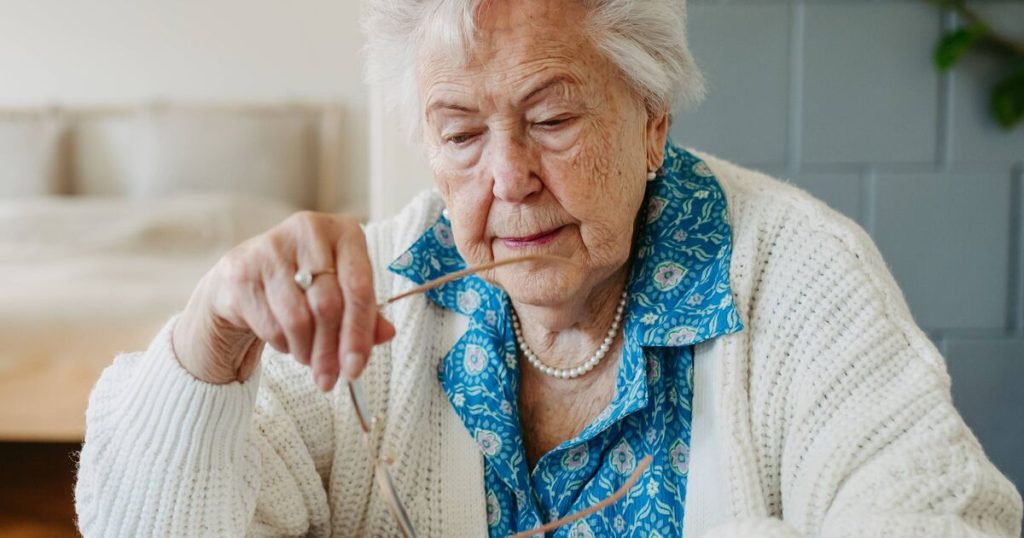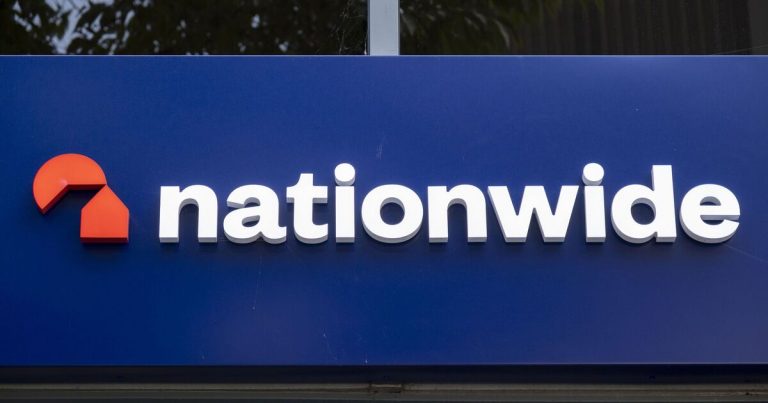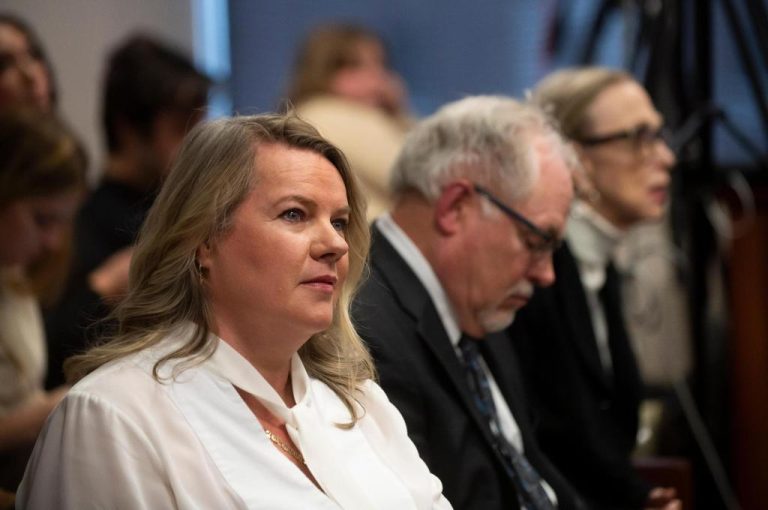
Millions of Brits are set to see their state pension payments rise by as much as £470 in just 45 days, as of Friday, February 21.
The state pension is due to increase by 4.1% from April 7, in line with the triple lock promise.
This ensures that the state pension increases by the highest of either inflation (based on the previous September’s figure), wage growth (average increase between May and July), or 2.5%.
This year, the rise in state pension payments is driven by wage growth, confirmed at 4.1%.
Government figures released this week showed that the number of people claiming the state pension reached 13 million in August 2024, a rise of 203,000 from the previous August. However, the amount you receive in state pension payments depends on your National Insurance record.
The full new state pension is currently £221.20 a week, or £11,502.40 a year. This will increase to £230.25 a week, or £11,973 a year, from April.
This means the maximum increase is worth £470.60 a year.
You’ll claim the new state pension if you’re a man born on or after April 6, 1951, or a woman born on or after April 6, 1953.
Meanwhile, the full basic state pension is currently £169.48 a week, or £8,812.96 a year, and will rise to £176.45 a week, or £9,175.61 a year, reports the Mirror.
The maximum increase for someone on the basic state pension is £362.65 a year.
The older basic state pension applies to men born before April 6, 1951, or women born before April 6, 1953.
For the new state pension, most individuals require 35 qualifying years on their National Insurance record to receive the full amount, and typically ten years to get anything at all.
The basic state pension is slightly more complex to calculate.
Men usually need 30 qualifying years if they were born between 1945 and 1951, or 44 qualifying years if they were born before 1945, to receive the full amount.
To get any basic state pension at all, one typically needs one qualifying year if they were born between 1945 and 1951, or 11 qualifying years if they were born before 1945.
For women, they generally need 30 qualifying years if they were born between 1950 and 1953, or 39 qualifying years if they were born before 1950, to receive the full amount.
To get any basic state pension at all, a person usually needs one qualifying year if they were born between 1950 and 1953, or ten qualifying years if they were born before 1950.






